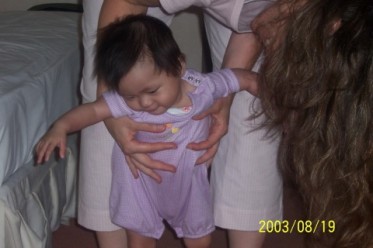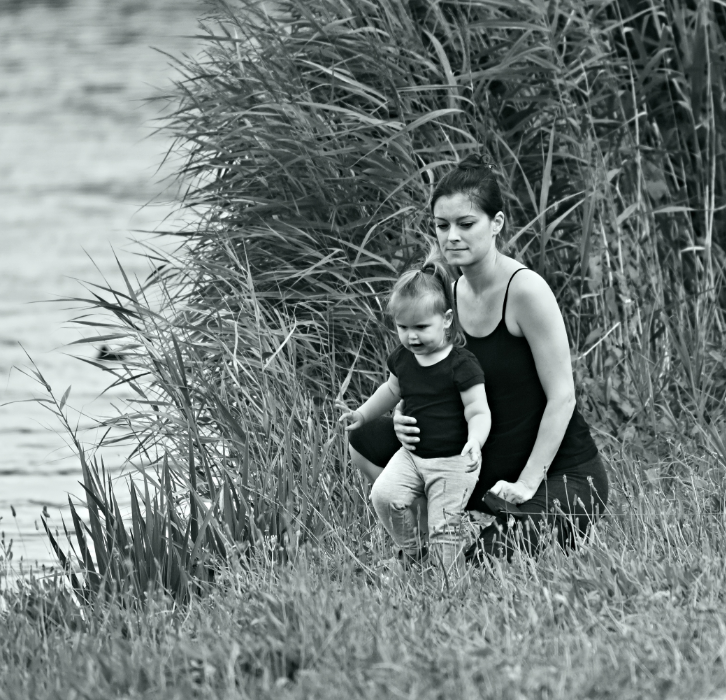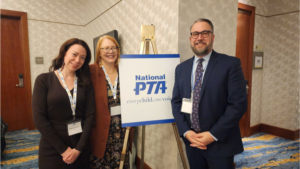[Original version published at ACEs Too High, May 26, 2016]
Self-care? What’s that?
I used to sneak away for a hot bath as often as possible when my daughter was in the need-me-every-minute years. I’d soak long past when the water went cold and I felt guilty at times but sometimes I needed to be alone.
To read poetry.
To have some physical space.
To exhale.
I didn’t always know where or how to pamper myself or provide self-care. There were few adults I trusted to help me. I believed in attachment-style parenting and wanted to be there all of the time for my daughter. And that even made me feel guilty when I craved alone time, as if any alone time I took meant not being present for my daughter.
She’d sit on my lap when she ate. And when I ate.
She’d use my body as a mattress. She could rest best when being rocked or walked. I wore her often when she was young.
She didn’t want to just be sitting near or with me, she wanted to be coloring, interacting, and playing.
Sometimes it was bliss. Sometimes it was dreadfully boring. Always it was important and utterly exhausting.
I’d tell my friends, “I have to pay attention all of the time. All. The. Time.”
They’d look at me like they were expecting me to have more to say. I didn’t.
Paying attention was so hard.
I had to be on all of the time, kind of even when sleeping.
Now, this is challenging for anyone. But for those of us with a trauma history, a childhood of neglect and abuse, it is the OPPOSITE of how we’ve lived. Paying attention and staying in our bodies and being attuned, it’s an entirely new way of existing. To do this, without breaks or drugs or numbing food or booze….it’s a lot!
No checking out or tuning out when the safety and care of an infant, toddler and child is your sole responsibility. No daydreaming for days or sleeping whenever or getting lost in a book. No zoning or numbing or hiding.
That’s part of being a parent.
I understood that. I valued that. It was my role. I chose it. My daughter deserved no less.
But I had no idea how to refuel or regroup or what all this “self-care” stuff was all about.
This being alert, aware, attuned, attentive, and available was monumentally difficult for me.
I’d say to my best friend, in a whisper, feeling terribly guilty, “It’s like my bone marrow is her straw and she’s sucking every bit of life out of me.”
I’d admit that although it was satisfying to be able to meet my daughter’s needs so often and completely, it took every fiber of my being. She needed everything I had.
Did it feel that way to others?
I didn’t understand how people parented more than one child, managed social lives, or engaged in creative work projects on the side. Did these other parents have super powers? More support? Was life without PTSD really so very different How did people manage paying attention and sleep deprivation and, well, anything else?
I felt lazy, lame and inadequate, like parenting and being present to myself at the same time was almost a tug of war.
I didn’t even believe it was possible to do both.
It’s not like I even really knew at the time how present I had NOT been to myself. Not at first. I only felt the enormous effort, the shift and strain of being totally present (or as best I could) to what my daughter wanted or needed.
Was she safe or fed or upset? Did I keep her clean and happy, give her enough love? Was she developing and healthy and okay on the floor for a second? Did she like this toy or that, or the sand or the water or whatever?
I hadn’t paid that much attention to my own body or needs or sensations.
Ever.
Strength, to me, felt like telling the body to knock it off, then ignoring it.
To parent not as I was parented…
I did not decide intentionally to parent my child this way; it was simply the template I used for myself. It was only years later that I would understand how unfamiliar being present felt, for me, so to be so intimate, close, and connected with another human being was work.
Wonderful.
Suffocating.
Unusual.
Amazing.
Work.
To survive, as a child, I pretended wet clothes weren’t wet or that I wasn’t really cold. If I wet the bed I hoped others couldn’t smell me if I held my nose. I’d say I didn’t need a rain coat or an umbrella or that I didn’t want candy or food because I wasn’t hungry instead of the truth — that I didn’t have money.
I altered myself, my words and the truth to seem as though I needed less rather than admit, long for, ask for and not get the things others might have that I didn’t have access to.
I didn’t think this was a huge big deal.
It’s just was how it was.
It wasn’t until I lived another way that it felt like I was trying to get through life driving in reverse carefully rather than just plunging forward all of the time with my foot on the gas. It’s not like I could tell myself I suck at self-care. It’s more I had no idea what the heck people who used words like self-care were even talking about. If anything, I judged them as rich or spoiled.
Parenting changed me.
It changed my ways of being and it changed my vocabulary.
But it happened slowly. Very slowly.
I was the one who needed to provide my girl her with coats and sweaters and mittens and hats. I couldn’t just say, “Wet hair dries” or “Tough it out.”
I could and did put mittens and hats on her. Yet I’d still not wear mittens myself.
I wasn’t always living what I was teaching. I’m still not, not all the time.
I copied things others did or that I learned from books on how to build attachment.
It wasn’t intuitive or automatic. Some of it was natural but much of it was not. It still requires effort.
This is still a little hard to admit. There’s the idea out there that mothers have hardwiring from birth that makes them able to love, provide, and be wonderful. We aren’t. But these are the ways breaking the cycle is often done–invisibly. The ways adverse childhood experiences impacted my parenting aren’t always extreme but they are extremely important.
Parenting with ACEs
Being raised with ACEs (adverse childhood experiences) is an environment, not a series of incidents that happened here and there. I lived every day with scarcity and lack. Trauma was baked into my being, as were my responses. I don’t always know how to nurture or notice safety, recognize and use plenty and resources—even now that I have more. The normalization of adversity can become a way of life that’s hard to shake, even when the adversity is over.
As a kid I sort of pretended it wasn’t so bad or that I wasn’t all there. I had no frame of reference for how others lived. It was coping, I can now say, but for decades it was just life. My life day after day. I’m not complaining about it, either. I am simply noticing and sharing.
I’m sharing because being present was something I had to learn to do and get used to. It felt taxing in a way I didn’t understand. And I was in my mid-30s, with a partner and a home and an income. I can’t imagine how daunting it would be to do young, alone, and poor as well, never mind as someone with a high ACE score.
I wonder if others have experienced paying attention as the most exhausting part of parenting. How do parents learn the verb of parenting, learn to balance care and self-care while on the job?



